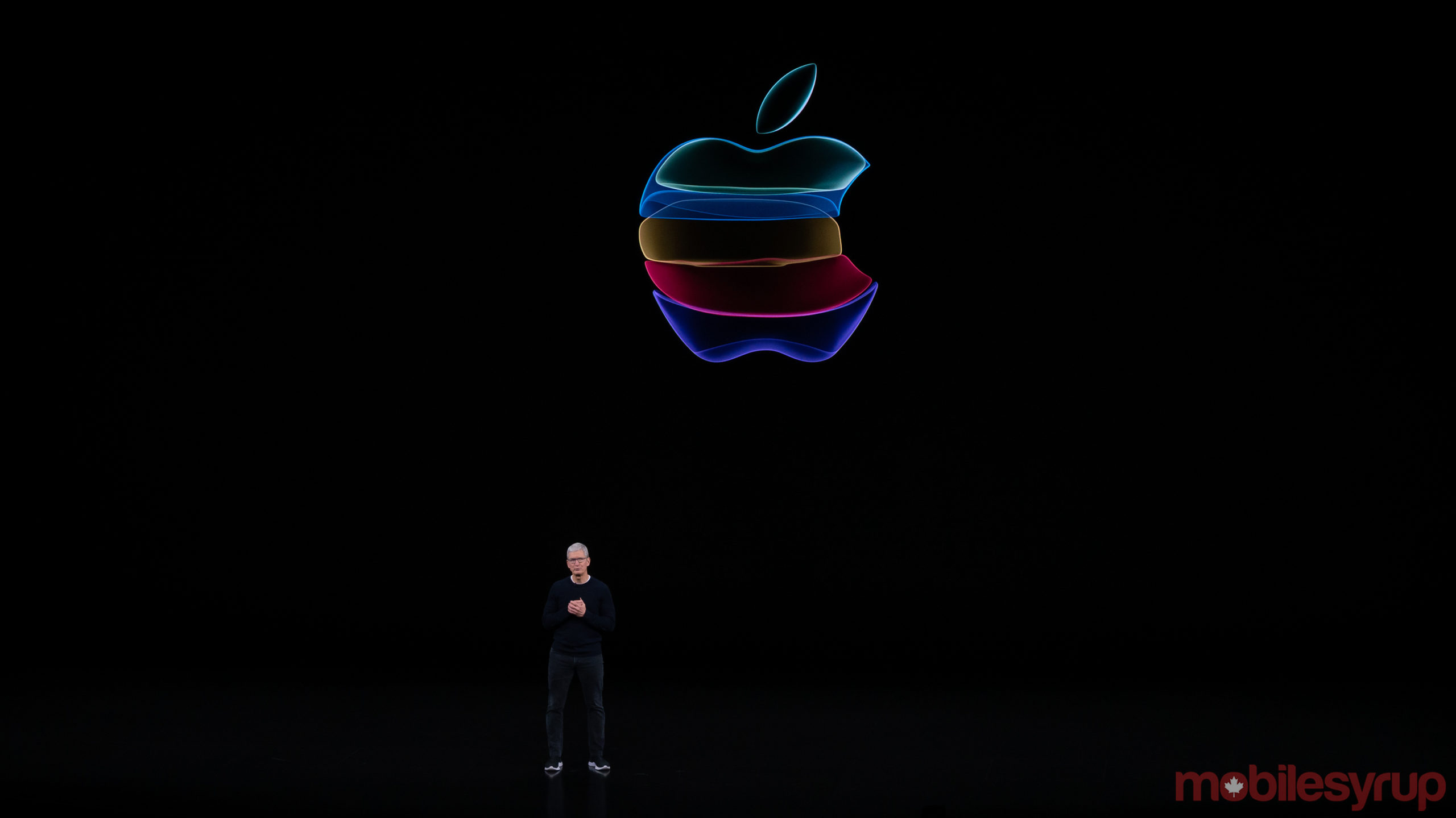
Apple’s latest court filing in the ongoing legal battle with Epic Games continues to accuse the Fortnite-maker of creating its own problems. It’s been a common argument from Apple throughout the course of the lawsuit.
“Epic started a fire, and poured gasoline on it, and now asks this Court for emergency assistance in putting it out,” Apple said in the filing. It comes as a response to Epic’s recent request for an injunction to get Fortnite back on the App Store. The company reiterated that it would allow the game back on the App Store if Epic removes an unauthorized payment method it added to the game. Epic previously refused to remove the payment method, saying doing so would help support Apple’s monopoly.
It’s worth noting that the courts previously sided with Apple on this matter, and felt Epic should remove the payment method so Fortnite could return to the App Store until the courts come to a final verdict.
How we got here
The response comes after Epic sought a preliminary injunction from the court to force Apple to allow Fortnite back onto the App Store. Both are part of a larger legal squabble between the companies that started back in August when Epic added a direct payment method to its popular battle royale game, Fortnite.
Apple responded by kicking Fortnite off the App Store. Epic then launched a lawsuit against Apple, accusing the company of leveraging its control over iOS and the App Store to force developers to use Apple’s in-app payment system and maintain a monopoly. At the centre of the conflict is Apple’s contentious 30 percent cut. The Cupertino, California-based company takes 30 percent of payments delivered through its payment platform. It also takes 30 percent from subscriptions for the first year, followed by 15 percent after that.
Apple has long maintained that the 30 percent cut is industry standard — and with some exceptions, the company is right. However, Epic argues that Apple doesn’t apply the 30 percent rules equally and that it uses its App Store rules to prohibit other payment systems and force developers to use Apple’s platform.
After the lawsuit, Apple threatened to remove Epic’s developer accounts, including one the company used for its Unreal Engine platform. Unreal Engine is a crucial tool used to develop games, make movies and more. It’s also a critical part of Epic’s business. Courts ruled that Apple could remove the Epic developer account related to Fortnite, as well as continue banning Fortnite, but that the company couldn’t target the Unreal Engine.
Epic responded by filing for a preliminary injunction, which is how we got here.
Apple says Epic started the lawsuit as a publicity stunt
The iPhone-maker’s filing also lays out several defences it will use when things move to the full court hearing scheduled for September 28th. Along with the above argument that Epic created its own problem, Apple argued it provides a valuable service by maintaining the App Store.
That appears to be Apple’s main argument and is a stance it has taken before when facing criticism over the App Store. The company also says that Epic broke its contract by adding an unauthorized payment method, which means Apple is free to remove Fortnite from the App Store. However, it’s worth noting that Epic isn’t arguing it didn’t break the rules — it did break them — but that Apple’s rules are unfair and help support a monopoly.
Apple also suggested that Epic started the legal battle to draw attention to Fortnite. The company says in its filing that “by July 2020, interest in Fortnite had decreased by nearly 70 percent as compared to October 2019.” Apple goes on to say that the lawsuit and resulting media coverage seem “to be part of a marketing campaign designed to reinvigorate interest in Fortnite.”
Apple argues iPhone isn’t a big part of Fortnite’s revenue
Moreover, Apple refuted Epic’s claims that iOS was a big part of the Fortnite player base. The iPhone-maker cited disclosures from Epic that only 10 percent of Fortnite consumers play regularly on the iPhone. It also claims Epic said Apple was the “smallest piece of the pie” when it came to revenue. Essentially, Apple implies Epic isn’t suffering “irreparable harm” as the developer claimed.
Epic previously argued that iOS was Fortnite’s largest platform, accounting for about a third of the 350 million total registered players. The developer also said 63 percent of the iOS players only access the game through iOS. It’s worried that those players won’t come back after the ban is lifted and it will suffer irreparable harm.
Alongside this, Apple refuted Epic’s claim that it suffered “reputational harm” over the Fortnite ban, pointing to the company’s “pre-planned media blitz” as evidence the company actually welcomed the attention.
“From all appearances (including the #freefortnite campaign), Epic thinks its conduct here will engender goodwill, boost its reputation, and drive users to Fortnite, not the opposite. That is not harm,” Apple said in the filing.
The two companies have been duking it out for about a month now and as the court hearing nears, there will likely be more filings and other actions taken by both. Some moves so far have been exhaustively petty. However, the final verdict will have wide-ranging impact, no matter who wins.
Should Epic win, it will likely create legal precedent around how to manage digital store fronts, which could impact a variety of other digital stores that have imitated Apple’s behaviour. Should Apple win, it will bolster the company’s position and make antitrust action more difficult in the future.
MobileSyrup may earn a commission from purchases made via our links, which helps fund the journalism we provide free on our website. These links do not influence our editorial content. Support us here.


